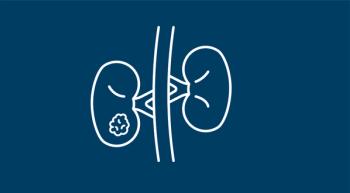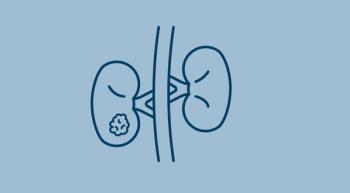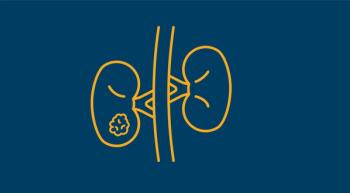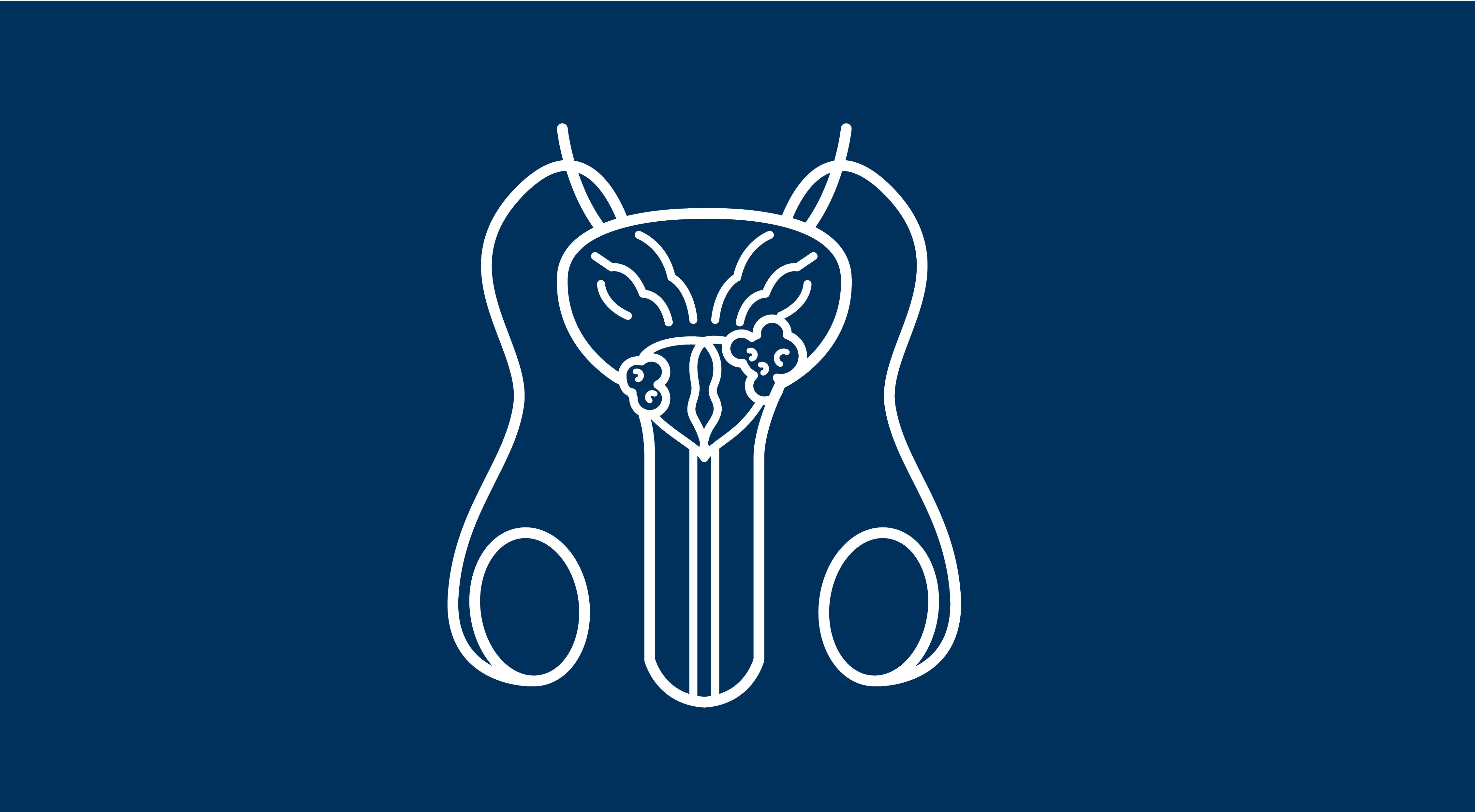
Genitourinary Cancer
Latest News
Latest Videos
More News

The overall response rate with durvalumab and guadecitabine was 23% in patients with advanced ccRCC who had received 1 or fewer therapies.

A doublet regimen of enfortumab vedotin and pembrolizumab has received accelerated approval for cisplatin-ineligible patients with locally advanced or metastatic urothelial cancer.

Arash Rezazadeh Kalebasty, MD, discusses the rates of dose reduction and treatment discontinuation for patients with hormone-sensitive prostate cancer receiving combination therapy with darolutamide.

The implementation of a nonpharmacologic pain intervention bundle helped decrease opioid use among patients recovering from gynecologic and urologic surgeries at a comprehensive cancer center.

Michael S. Leapman, MD, MHS, highlights the need for clearer information regarding genomic testing for patients with prostate cancer.

Lindsay Diamond, MSN, AGNP-C, AOCNP, unpacks the significance of recent advances in the bladder cancer space.

Patients with prostate cancer experienced prostate cancer-specific mortality at a low rate regardless of assigned treatment.

A combination of immune checkpoint inhibitor and MET-targeted therapy led to high responses in patients with MET-driven papillary renal cancer, although the regimen missed its primary end point.

Nivolumab/Cabozantinib continued to outperform sunitinib in an updated analysis of the phase 3 CheckMate 9ER trial.

Atezolizumab did not yield a significant improvement in overall survival compared with placebo plus platinum-based chemotherapy and gemcitabine in patients with untreated locally advanced or metastatic urothelial cancer.

Patients with papillary high-risk non-muscle-invasive bladder cancer whose disease was BCG-unresponsive showed continued antitumor activity with pembrolizumab monotherapy.

Extended follow-up of the CheckMate 274 trial showed continued efficacy with nivolumab in patients with muscle-invasive urothelial cancer who had undergone radical resection.

Real-world data support front-line maintenance with avelumab for patients with locally advanced or metastatic urothelial carcinoma following platinum-based chemotherapy.

The median overall survival was 42.1 months with abiraterone plus olaparib and 34.7 months with abiraterone plus placebo in patients with metastatic castration-resistant prostate cancer.

Approximately 30% of patients remained on treatment with darolutamide for over 4 years, according to a long-term safety and tolerability updated from the ARAMIS rollover study.

At a median follow-up of 24.9 months, imaging-based progression-free survival was not reached among patients with metastatic castration-resistant prostate cancer who had received talazoparib plus enzalutamide.

As treatment strategies for renal cell carcinoma shift to targeted therapies and immunotherapy, reassessing the quality of end-of-life care remains essential, according to investigators.

A decision model with a 10-year time horizon found that nivolumab plus ipilimumab was the most effective combination for patients with metastatic renal cell carcinoma, but sunitinib was the most cost-effective approach.

Neoadjuvant treatment with gemcitabine and split-dose cisplatin followed by surgical resection and lymph node dissection proved to be effective and well-tolerated for patients with high-risk upper tract urothelial carcinoma.

The FDA has approved nadofaragene firadenovec-vncg for patients with high-risk non-muscle invasive bladder cancer.

In this episode of The Vitals, we recount the oncology drugs that received FDA approvals in 2022.

Combining enzalutamide with salvage radiation therapy helped delay prostate-specific antigen progression in patients with PSA-recurrent, high-risk prostate cancer.

Rogaratinib did not display a significant benefit over chemotherapy in patients with FGFR mutated bladder cancer, but the targeted treatment did generate encouraging responses among those with FGFR3 DNA alterations.

Immunotherapy has changed the face of cancer treatment, but requires appropriate irAE management to reach full potential.

During the International Kidney Cancer Symposium, Kiran Virdee, RN, BSN, CCRN-K, outlined best practices in kidney cancer symptom management.





























































































